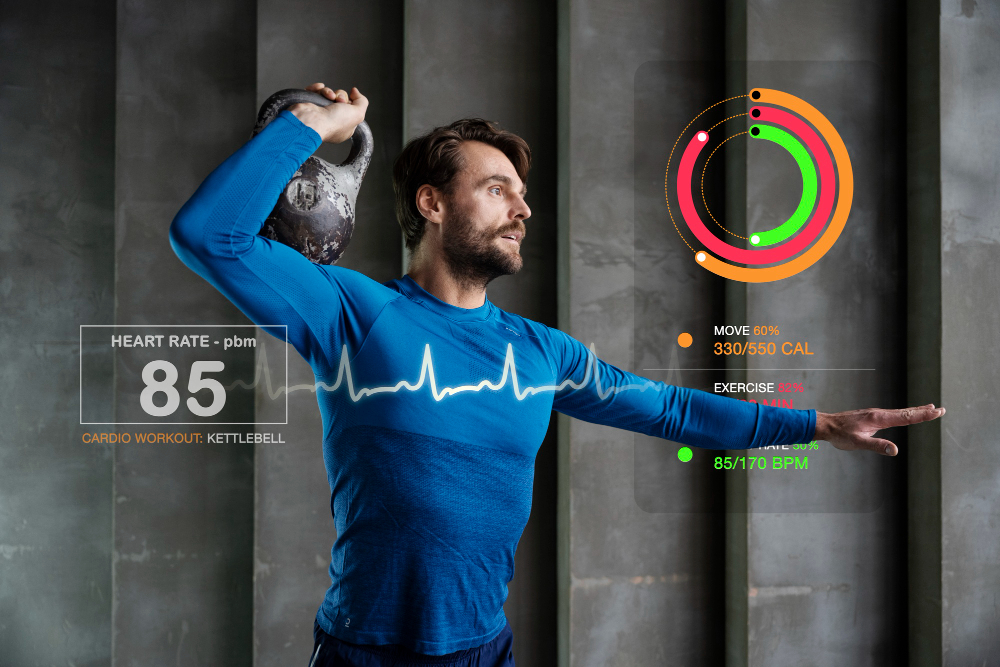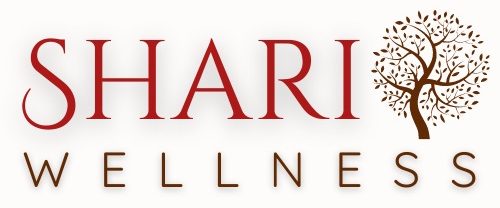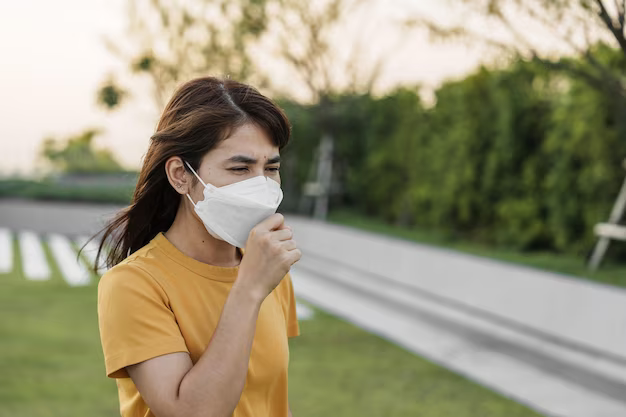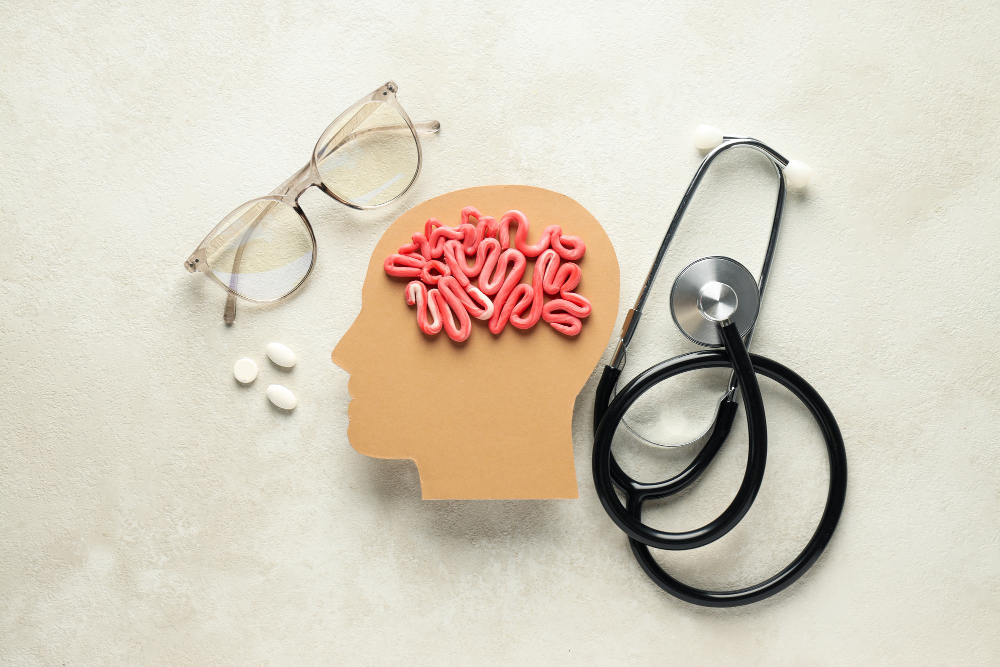
Our body How do you use energy?
The human body needs energy to function. growth and repair of worn parts Each person has different energy needs. The energy received is used in 3 main parts together.
Part 1 Basal Energy Expenditure (BEE)
accounted for 60-75% of total energy It is the basic energy that the body uses to breathe. blood circulation Maintaining temperature to keep the brain, lungs, heart and muscles work normally
Part 2 Thermal energy used in the gastrointestinal tract (Thermic Effect of Foods; TEF)
It is the energy used by the body to digest, absorb and transport food, accounting for 10% of total energy. The type of food you eat affects your TEF. The body uses more energy when eating three main meals than eating many smaller meals. Or choosing a low-fat plant-based diet (Low-Fat Plant-Based Diets) increases energy expenditure more than eating a high-fat diet.
Part 3 Energy Expended in Physical Activity (EEPA)
accounted for 15-30% of the total energy This energy changes with daily activities. People who exercise or move their bodies regularly have more energy than people who sit all day and never exercise
Energy needs can be easily calculated by multiplying your body weight by 25 to 30 kcal. are different It depends on your physical activity and weight management goals. for example
- Miss A weighs 50 kilograms and works sitting at a desk all day long. want to maintain a stable body weight Calculated by weight of 50 kg multiplied by 30 kcal equals 1500 kcal/d
- Mr. B weighs 60 kilograms and wants to lose weight. To take 60 kg body weight multiplied by 25 kcal equals 1500 kcal/d
Balance the energy received from food intake and the energy expended. It is an important principle of health care and maintaining a healthy weight. If the body receives more energy than it uses for a long period of time, it will result in the accumulation of fat and weight gain. become obese Increase the risk of chronic non-communicable diseases. (Non-Communicable Diseases; NCDs), including diabetes, high blood pressure cardiovascular disease, etc.
source:
1. Wang, Z., Heshka, S., Gallagher, D., Boozer, CN, Kotler, D.P., & Heymsfield, S.B. (2000). Resting energy expenditure-fat-free mass relationship: new insights provided by body composition modeling. American Journal of Physiology-Endocrinology And Metabolism, 279(3), E539-E545.
2. Shetty, P. (2005). Energy requirements of adults. Public health nutrition, 8(7a), 994-1009.
3. Calcagno M, Kahleova H, Alwarith J, Burgess NN, Flores RA, Busta ML, et al. The thermal effect of food: a review. Journal of the American college of nutrition. 2019;38(6):547-51.



Leave a Reply
You must be logged in to post a comment.